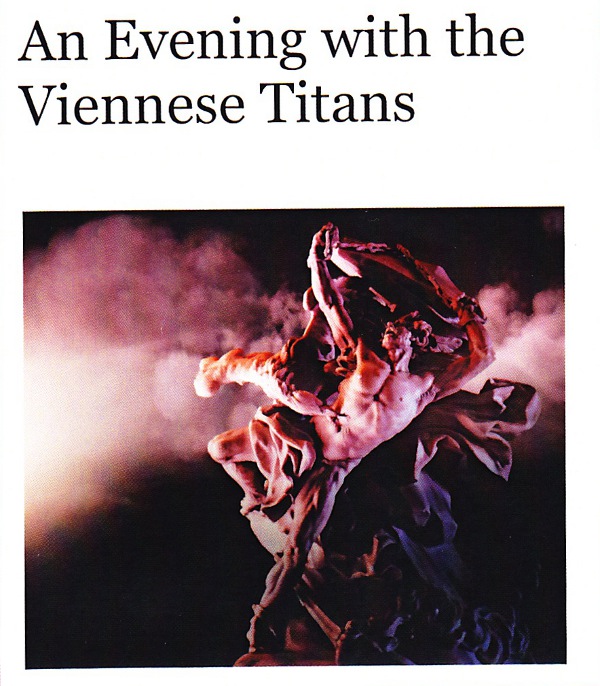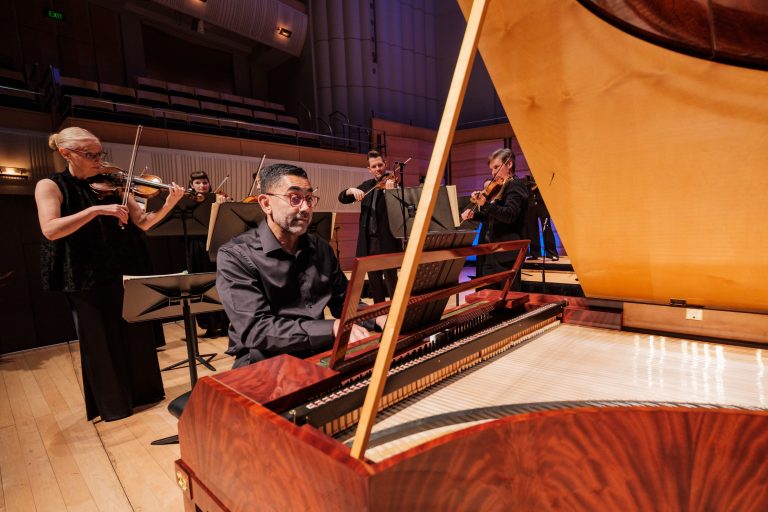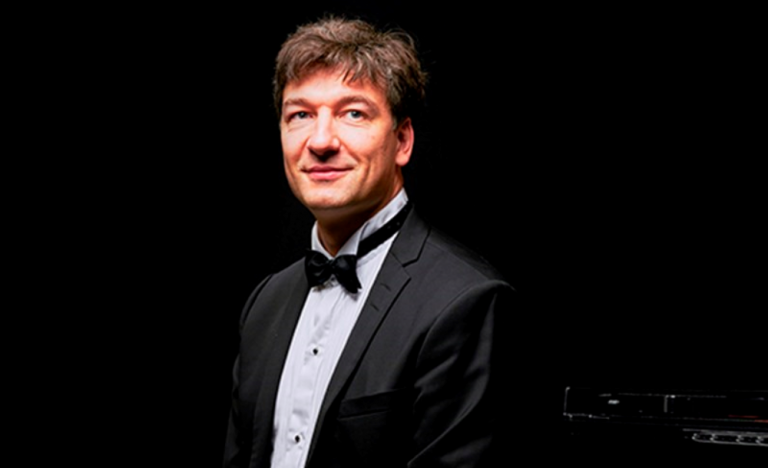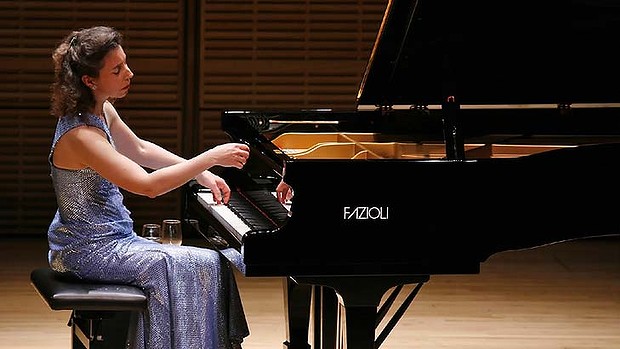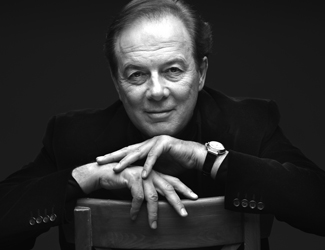Concert Review: An Evening with the Viennese Titans/orchestra seventeen88
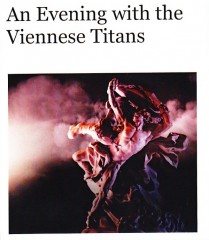
orchestra seventeen88
An Evening with the Viennese Titans
New Hall, Sydney Grammar School, Darlinghurst
22 November 2014
orchestra seventeen88 is continuing to establish itself as a welcome addition to Sydney’s musical life. Its aim is to present music from the late eighteenth and early nineteenth centuries using historically informed practice and playing on instruments of the period.
The final concert of its inaugural season was on 22 November, a special day for musicians, since it is the traditional feast day for St Cecilia, the patron saint of music. The programme consisted of works by three of the greatest Viennese masters, Mozart, Beethoven and Schubert. It was held at Sydney Grammar School in the New Hall which is embedded deep within the sandstone bedrock under the school site. This is a remarkable venue with much of the native sandstone left still visible inside the hall, and this has a wonderful effect on the hall’s acoustics which are full and warm, but still clear.
The concert opened with Benjamin Bayl conducting a fiery performance of Beethoven’s Overture to The Creatures of Prometheus. This demonstrated the orchestra’s unanimity of attack and the energy that was to be evident throughout the concert. The passages where wind and strings alternated benefited especially from the distinct timbres of the classical period instruments.
In the second work on the programme, Mozart’s G major Flute Concerto K.313, Benjamin Bayl retreated to the harpsichord at the back of the stage and allowed the performance to be directed jointly by London-based solo flautist Georgia Browne and the orchestra’s concertmaster Rachael Beesley. This was an elegant rendition in which Browne’s refined playing was unfailingly stylish. In the slow movement, Mozart’s instrumentation replaces the two oboes used in the outer movements with a pair of flutes who joined with the soloist to produce brief trio passages of exquisite classical flute harmonies. In the third movement the lilting rhythms within the framework of longer, overarching phrases were also particularly enjoyable.
After interval, the orchestra returned at full strength and Bayl conducted a spirited account of Schubert’s huge Symphony no 9, the ‘Great’. The layout of the orchestra was unusual for a period performance, with the first and second violins grouped together on the left instead of being placed antiphonally. The cellos were in the middle, in front of the conductor, and separated from the double basses who were behind the violins. This divided the string bass line but also emphasised that sometimes their parts differ, with the cellos occasionally playing an additional inner part, thus adding to the richness of Schubert’s string sound.
The sforzando attacks of Bayl’s energetic interpretation recalled those we heard in the opening overture, underlining Beethoven’s influence on Schubert. The full-blooded interpretation also looked ahead into the Romantic period when drama, tension and dynamic contrasts were emphasised. This interpretation was excellently played by the orchestra which summoned the concentration and stamina to maintain the drive and excitement throughout the hour-long work. String intonation and unanimity of attack were excellent, the wind playing on their classical instruments was admirable and the brass playing was generally well behaved with only occasional waywardness from the capricious natural horns.
At the end of the symphony, it seemed that an epic journey had been traversed. But perhaps the high level of sustained tension was a little too much of a good thing. It might have seemed less exhausting (for the audience as well as the players) had there been more moments of repose in the interpretation. Even during the slow movement the underlying drama was continually emphasised rather than allowing the music to relax a little and provide more contrast.
orchestra seventeen88 fills an important niche in Sydney’s musical life. They are building an excellent reputation and this was another first-rate concert by these dedicated professionals. It was particularly pleasant to enjoy it among such a quiet audience – in contrast to the disturbing bronchial noises that often disturb performances in the Opera House Concert Hall.
Future concerts can be confidently recommended to music lovers throughout Sydney and it is encouraging to see that the orchestra has already announced its season for 2015.
Larry Turner for SoundsLikeSydney©
Larry Turner has been singing in choirs for many years – both in Sydney and London. He is an avid attender of operas and concerts, with an emphasis on vocal music. He particularly enjoys music from both the great a capella period and the baroque – especially the lesser-known works of Bach and Handel. He has written programme notes for Sydney Philharmonia, the Intervarsity Choral Festival and the Sydneian Bach Choir and is currently part of a team researching the history of Sydney Philharmonia for its forthcoming centenary.

